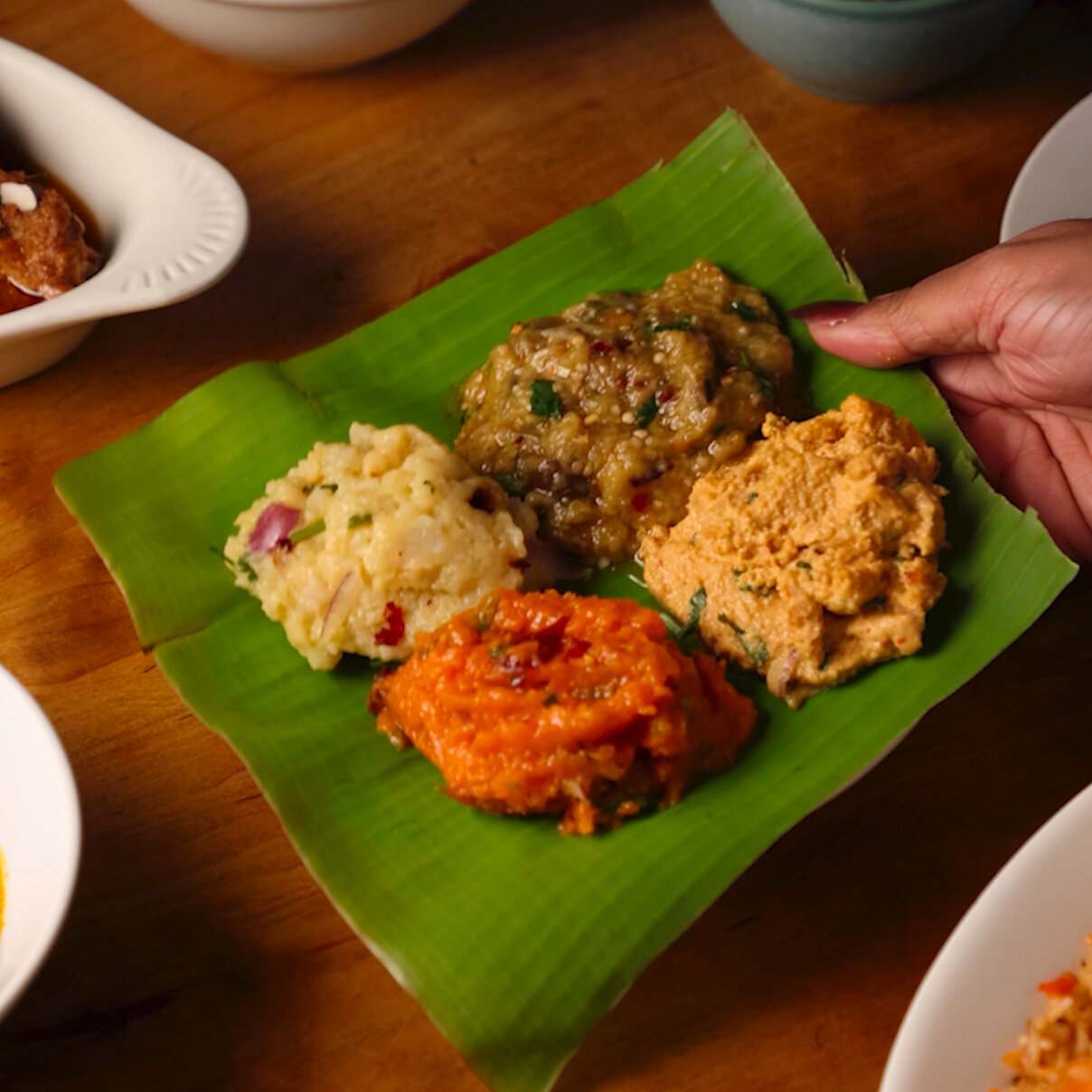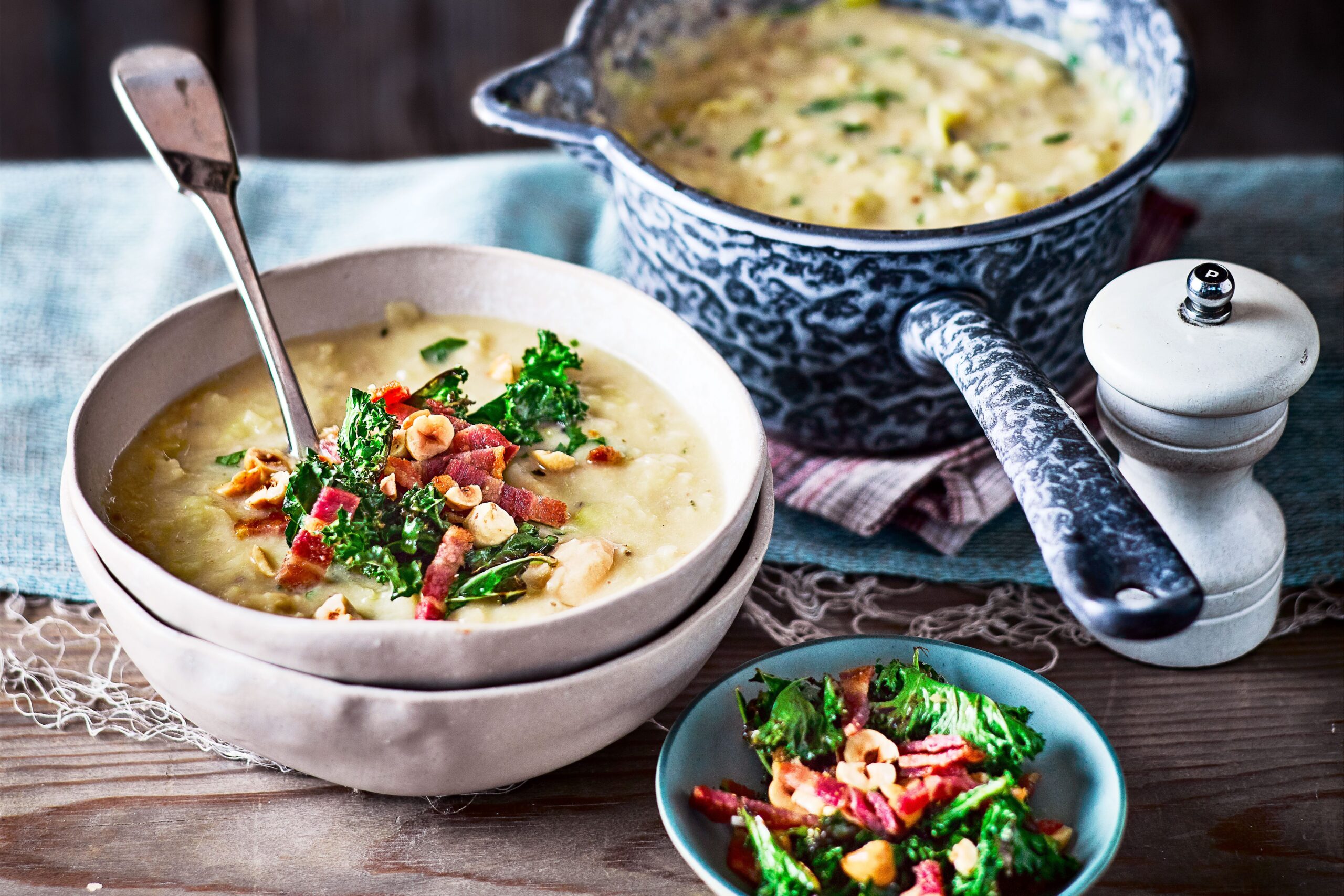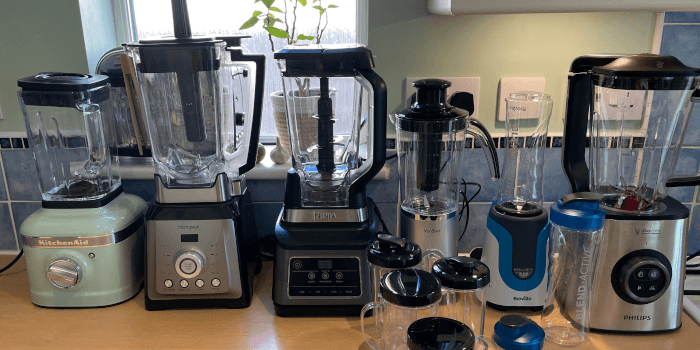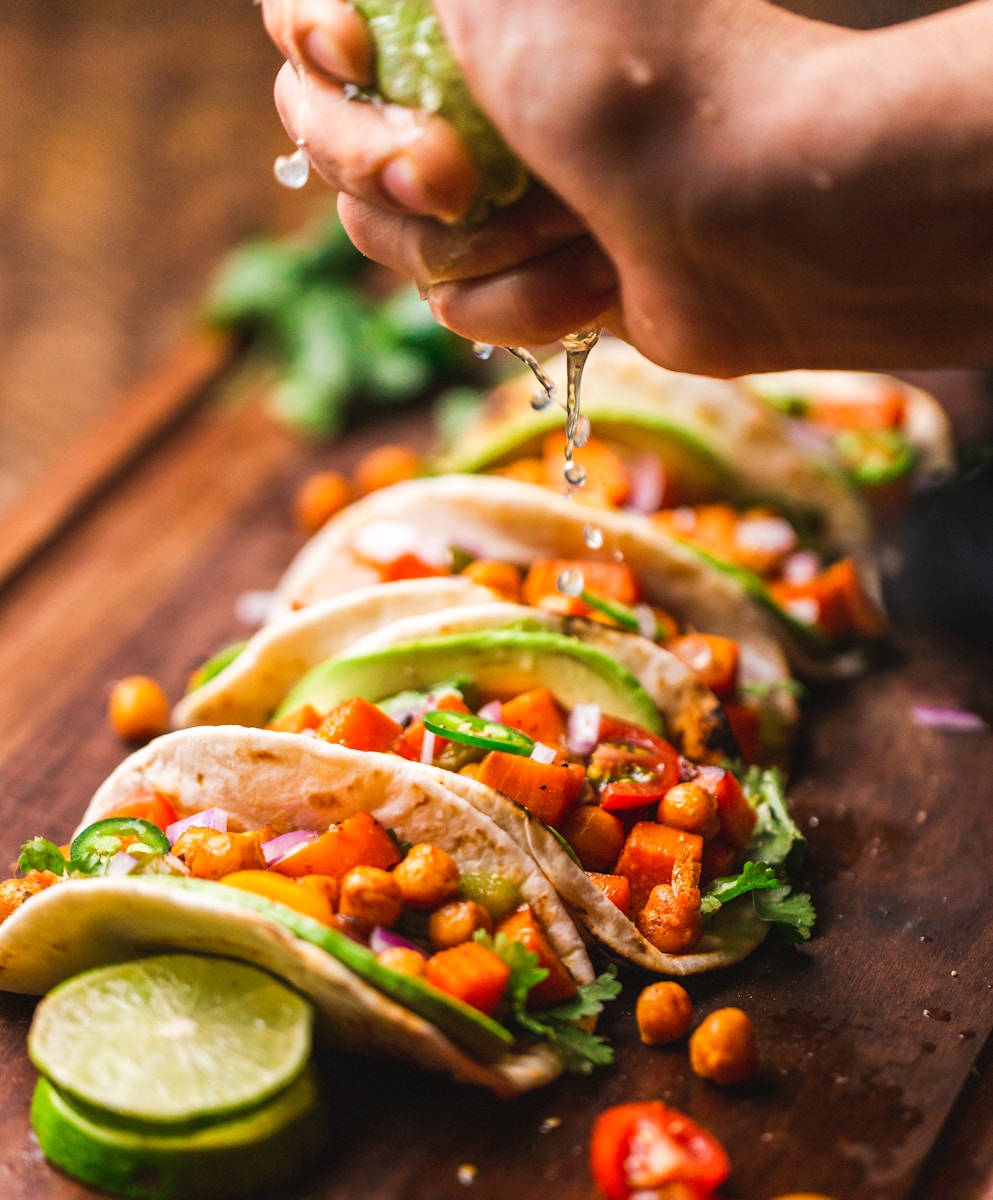A Culinary Clash: The Bangladeshi Feast at Korai Kitchen Challenges American Palates and Traditional Dining Norms in a Divisive Era of Cultural Appropriation and Authenticity.
At the heart of Jersey City, Korai Kitchen stands as a testament to the rich culinary heritage of Bangladesh, brought to life by a passionate mother-daughter duo. Their venture is not just a restaurant; it is a cultural statement, a bold assertion of identity in a landscape where food often serves as a battleground for cultural appropriation and authenticity. The rise of immigrant-owned eateries has sparked debates about who gets to claim culinary traditions and how these traditions are presented to the broader public.
Bangladeshi cuisine, with its unique flavors and techniques, has often been overshadowed by its more popular South Asian counterparts, such as Indian and Pakistani food. However, Korai Kitchen seeks to change that narrative by offering an authentic menu that showcases the depth and diversity of Bangladeshi dishes. From the aromatic biryanis to the rich curries and the lesser-known pithas (rice cakes), the menu is a reflection of the family’s heritage and their desire to share it with the community.
The mother and daughter team behind Korai Kitchen are not just chefs; they are cultural ambassadors. Their cooking is steeped in tradition, passed down through generations, and they are keenly aware of the significance of each dish. They aim to educate their patrons about the origins of the ingredients, the stories behind the recipes, and the cultural practices that accompany the meals. This approach is particularly important in a time when food is often commodified and stripped of its cultural significance.
In recent years, the conversation around cultural appropriation has intensified, particularly in the culinary world. Many chefs and restaurateurs have faced backlash for taking elements from cultures that are not their own without giving proper credit or context. Korai Kitchen stands in stark contrast to this trend, as it is rooted in authenticity and respect for Bangladeshi culture. The owners are not just presenting food; they are sharing their history, their struggles, and their triumphs through each dish.
The restaurant’s atmosphere is designed to be welcoming and inclusive, encouraging diners to engage with the food and the stories behind it. The decor features elements that reflect Bangladeshi culture, creating an immersive experience for guests. This is a deliberate choice, as the owners believe that understanding the cultural context of the food enhances the dining experience. It is not just about eating; it is about connecting with a culture that is often misunderstood or overlooked.
As the culinary landscape continues to evolve, Korai Kitchen represents a shift towards greater appreciation for authentic ethnic cuisines. The restaurant challenges the notion that certain foods belong to specific demographics or that they can be easily appropriated. Instead, it advocates for a more nuanced understanding of food as a cultural expression, one that deserves to be respected and celebrated.
The rise of restaurants like Korai Kitchen also highlights the importance of community support for immigrant-owned businesses. In a time when many small businesses are struggling, particularly in the wake of the COVID-19 pandemic, the success of such establishments is crucial for the preservation of cultural heritage. They provide not only economic opportunities for their owners but also a space for cultural exchange and understanding among diverse populations.
Moreover, the culinary offerings at Korai Kitchen serve as a reminder of the global interconnectedness of food. Each dish tells a story of migration, adaptation, and resilience. The ingredients used in Bangladeshi cooking often reflect the agricultural practices and climate of the region, as well as the historical trade routes that brought various spices and flavors to the subcontinent. This rich tapestry of influences is what makes Bangladeshi cuisine unique and worthy of exploration.
As diners flock to Korai Kitchen, they are not just indulging in a meal; they are participating in a larger conversation about identity, culture, and the role of food in society. The restaurant serves as a microcosm of the broader issues facing immigrant communities in America today, where the struggle for recognition and respect is ongoing. By embracing their heritage and sharing it with others, the owners of Korai Kitchen are not only preserving their culture but also inviting others to join them on this culinary journey.
In an era marked by division and debate over cultural ownership, Korai Kitchen stands as a beacon of hope, demonstrating that food can be a unifying force. It challenges diners to confront their perceptions of authenticity and encourages them to appreciate the rich narratives that accompany each dish. As the restaurant continues to grow and evolve, it will undoubtedly play a significant role in shaping the future of Bangladeshi cuisine in America and beyond.




